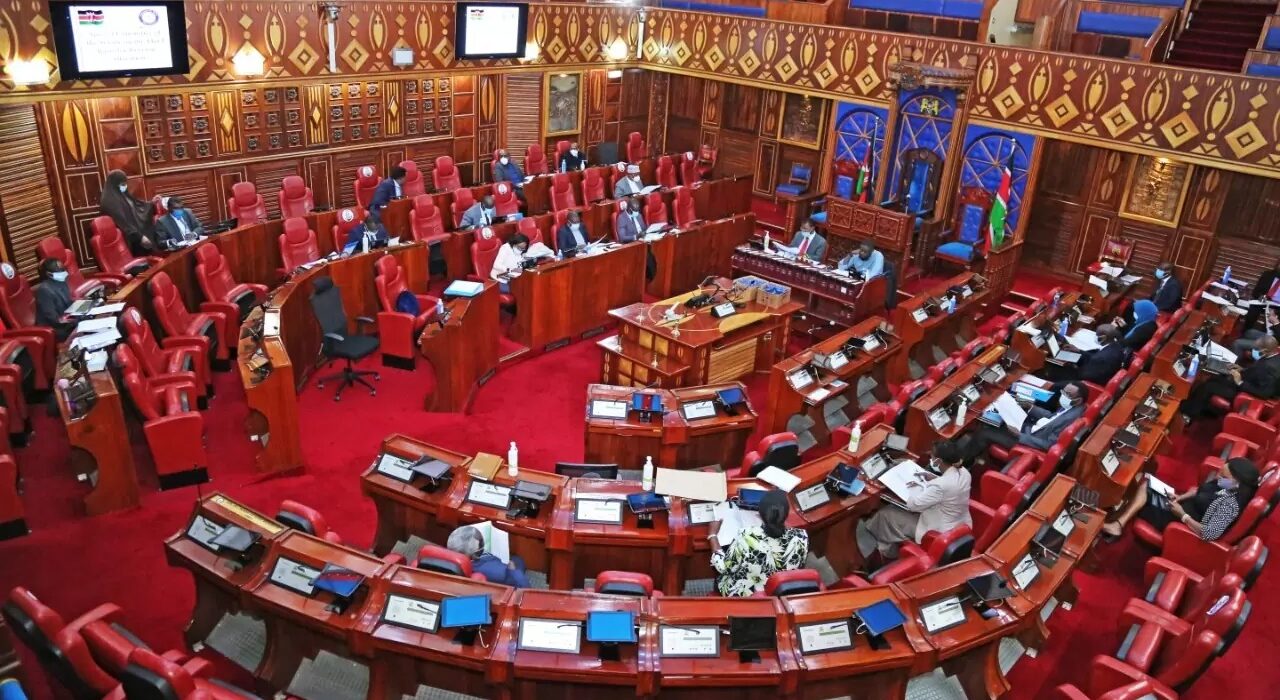Kenyan traditional brews such as muratina, busaa, and mnazi may soon be decriminalized if a bill currently before the Senate is approved. The proposed amendments, introduced by Nominated Senator Raphael Chimera, aim to revise the Alcoholic Drinks Control Act, allowing for the free production and sale of these local brews without the need for licenses.
Senator Chimera argues that local brews are culturally significant, often consumed during celebrations in rural areas, and have minimal harmful effects. He believes that the existing licensing requirements unfairly restrict small-scale producers, and calls for the removal of these legal barriers to allow Kenyans to run their businesses without interference.
Chimera’s proposal highlights the contrast between Kenya and its neighboring countries, such as Uganda and Tanzania, where local drinks like waragi and konyagi are freely produced and enjoyed. He contends that Kenya’s current restrictions on local brews stifle the industry, whereas other East African nations embrace their traditional drinks.
While the government has been cracking down on illicit brews, citing their harmful effects on young people, Chimera’s bill seeks to distinguish between traditional brews and dangerous illegal concoctions. Illicit drinks have caused numerous health issues, including blindness and death, particularly among the youth.
As part of the proposed changes, the senator is also advocating for the elimination of 250ml alcohol bottles, replacing them with a minimum size of 750ml. This measure aims to reduce excessive drinking by making alcohol less accessible and encouraging consumption primarily during social events.
If passed, the bill could signal a significant shift in Kenya’s approach to local brews, promoting cultural preservation and economic freedom while addressing the challenges associated with alcohol abuse.





